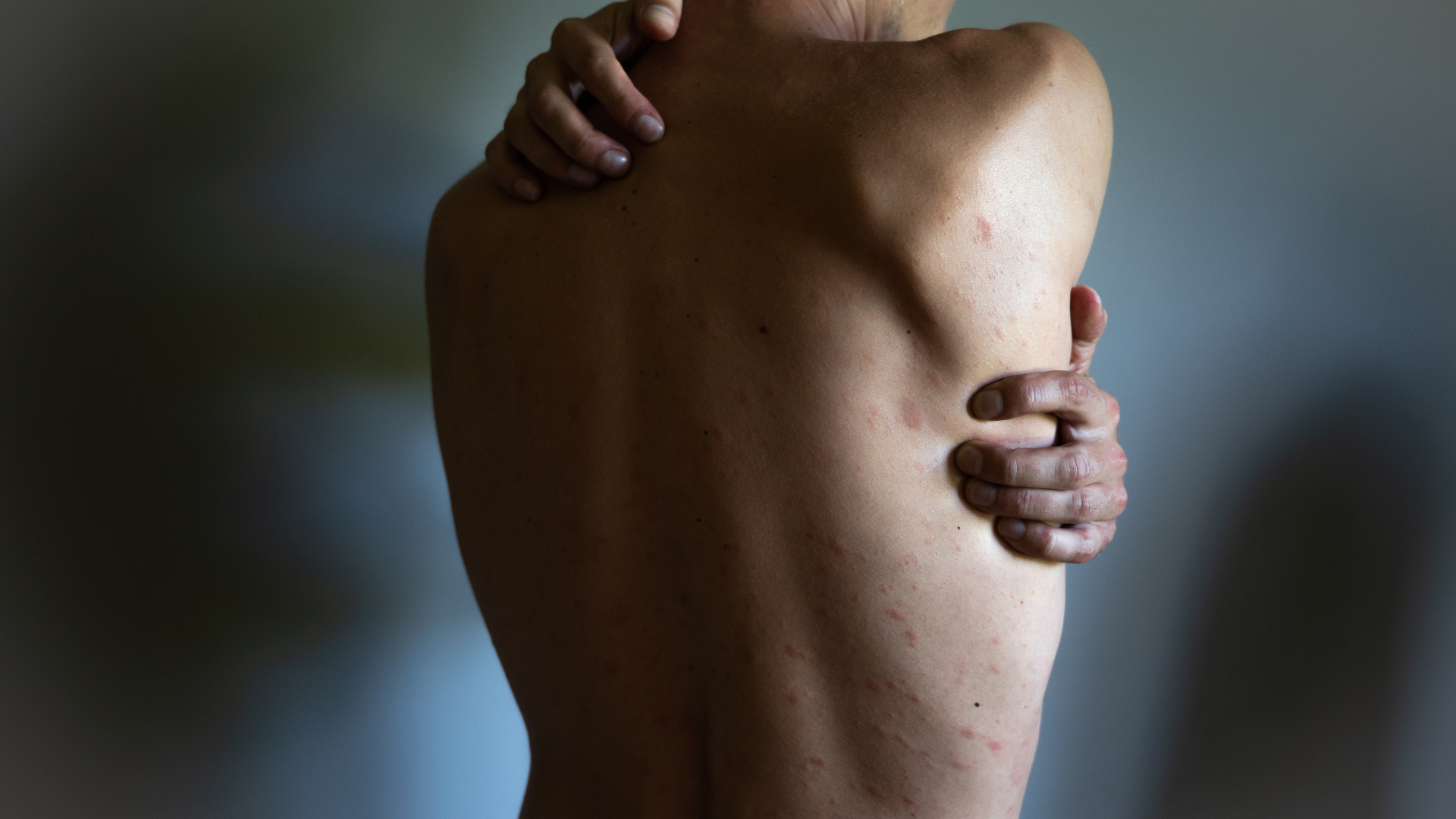How To Deal With Psoriasis
Affecting around 2% of the population, psoriasis is a skin condition that some of us will suffer with at some point in our lives. But what is it? And how do we treat it? To demystify and the condition in time for Psoriasis Awareness Month - an annual awareness month (August 2023) aimed at educating the public on psoriasis and how it can be treated - Dr Anjali Mahto, consultant dermatologist at 14 Harley Street has answered everything you need to know.
What is psoriasis?
The outermost layer of our skin, known as the epidermis, continually sheds skin cells in order to replace them with new ones. Those who suffer from psoriasis find that this process is sped up. What would typically take weeks ended up happening over the course of days. This increase in skin cell turnover is what leads to the symptoms that manifest as a result of the condition.
What causes it?
Psoriasis can be caused by multiple factors but perhaps the most common is that it is a genetic condition. If one of your parents or siblings has it, then you are much more likely to develop it when compared with someone with no family history of it. Psoriasis can be worsened by environmental factors too. Stress, smoking, and certain medications can also act as triggers and cause the condition to become worse.
What does it look like?
It causes pink patches on the skin that can sometimes have a silvery scale on the surface too. They can be tender for some people as they can cause itching in some cases. Any area of the body can be affected, but the most common sites are elbows, kness and the scalp. It can also affect the genital area and underarms but these patches are smoother. Sometimes psoriasis can affect the joints causing swelling, pain and stiffness. We refer to this as psoriatic arthritis.
Can it be cured?
Psoriasis is what we refer to as a chronic condition meaning that this is currently no cure for it. There are, however, multiple treatment options on how to keep it under control. Your specific treatment will depend on the severity of the condition and how it’s affecting you. Some treatment options include steroid creams, medications, as well as phototherapy which is a light treatment that is carried out.
How can I treat it at home?
The best thing you can do to treat it at home is to liberally apply moisturiser every single day. For those that suffer with scalp symptoms, there are medicated shampoos we can prescribe which can really help manage the condition.
Where can I find support?
There are some fantastic charities in the UK that can help support. The British Skin Foundation is a good place to start. There is also the Psoriasis Association too.

